Date: 24 July 2015
The Near-Zero Waste initiative, approved by the Board of Directors today, is set to drive a profound transformation of waste management in a move to help Turkey advance towards a more competitive, resource-efficient circular economy, according to EBRD.It will finance waste recycling infrastructure, biomass and biogas facilities, technologies which reduce packaging waste, and use of alternative fuels in energy intensive industries.The programme is expected to fund up to 12 investments for up to US$ 125 million in total.The EBRD’s funds will be complemented by US$ 20 million financing from the Clean Technology Fund, a funding window of the Climate Investment Funds, providing financing to promote low carbon technologies and reduce greenhouse gas emissions.
The European Union is also supporting the programme with a €2 million grant through its Instrument for Pre-Accession Assistance (IPA) to provide technical advice to project developers to unlock the potential for waste minimisation, product life-cycle assessment and energy generation from waste.
Jean-Patrick Marquet, EBRD Director for Turkey, said: “With our new Near-Zero Waste programme we aim to advance the circular economy in Turkey and kick-start the market of sustainable waste management. Together with our partners, the Clean Technology Fund and the EU, we will encourage Turkish businesses and municipalities to develop waste minimisation projects which we will support with finance and advice. We believe that together we can set examples other companies will follow.”
The programme was inspired by a highly successful glass recycling project developed by the EBRD with Şişecam, a leading Turkish glass producer and a long-standing client of the Bank. The EBRD has financed the company’s ambitious plans to increasingly use cullet instead of mined raw material to produce glass. Initially, with grant financing from the government of Spain, Şişecam placed thousands of bottle banks across Turkey and launched an awareness-raising campaign to encourage households to collect glass waste. As the initiative proved successful, the EBRD extended a €30 million loan to help Şişecam step up glass collection capacity and finance the company’s glass-recycling and energy efficiency investments.
Under its Near-Zero Waste programme, the Bank will also work with the government of Turkey, municipalities and industry associations to create a supportive legal environment for such investments. It will also help raise awareness of best practice in waste management.
Helping Turkish industries become cleaner, more environmentally-friendly and more efficient in their use of resources is part of the EBRD’s efforts to increase the competitiveness of the country’s economy.
The EBRD started investing in Turkey in 2009 and currently operates from offices in Istanbul, Ankara and Gaziantep. In just six years the Bank has invested over €5.5 billion in Turkey through more than 150 projects in infrastructure, energy, agribusiness, industry and finance. It has also mobilised over €12 billion for these ventures from other sources of financing. In 2014 Turkey became the leading recipient country of the EBRD with new investments worth €1.4 billion.


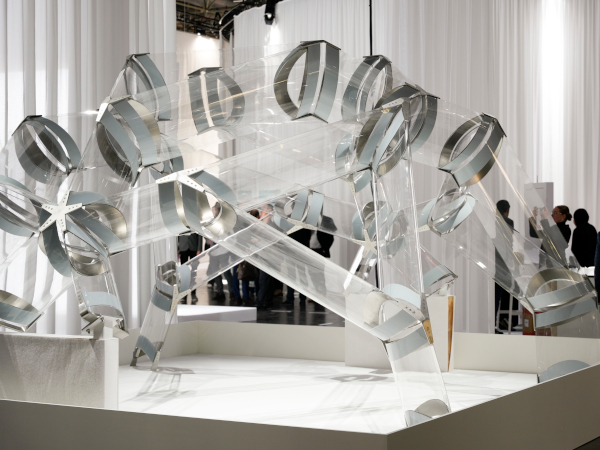
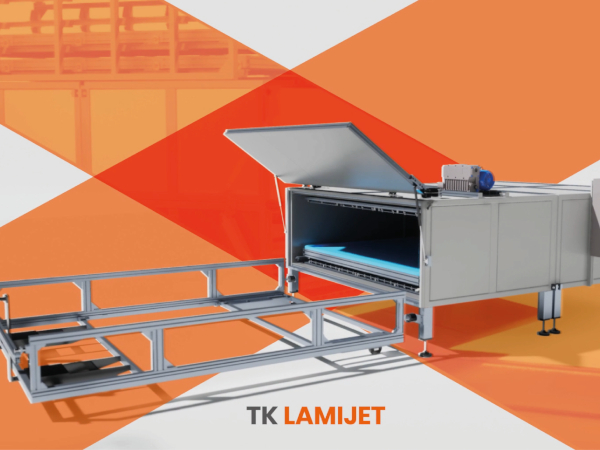
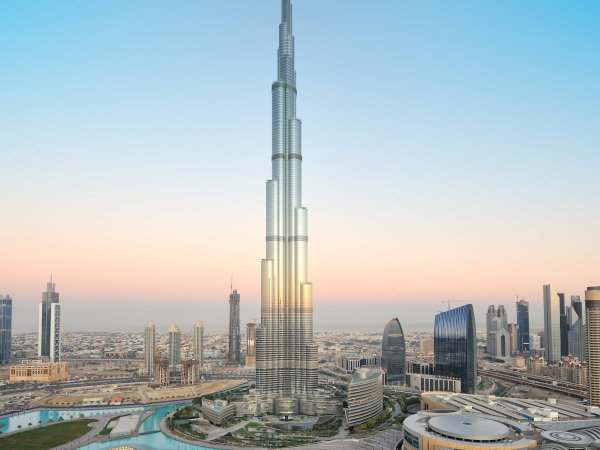
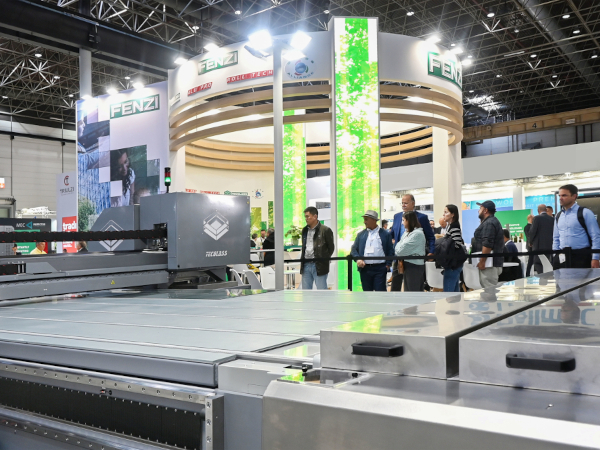
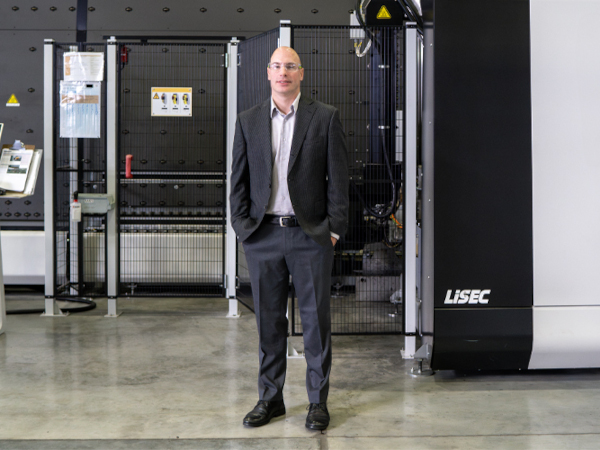
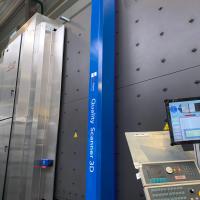
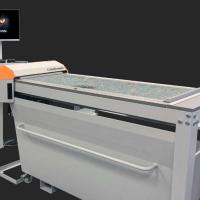
Add new comment